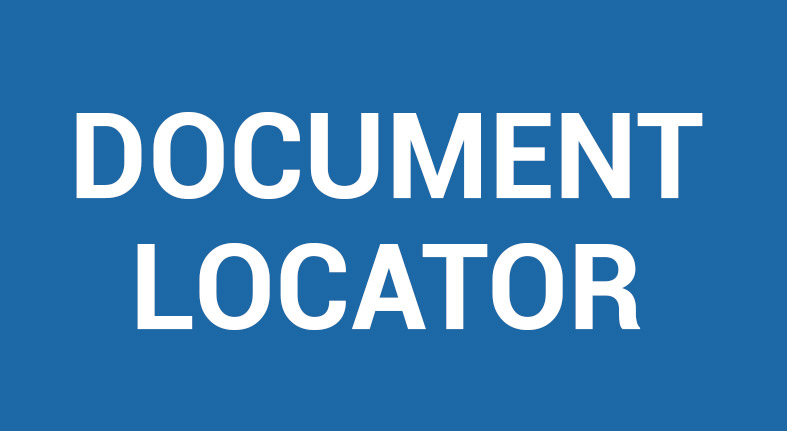What is cGMP?

What is cGMP (Current Good Manufacturing Practices)
Current Good Manufacturing Practices (cGMP) are regulations enforced by the Food and Drug Administration (FDA) to ensure the quality, safety, and effectiveness of products. These regulations are designed to protect consumers from potential harm and ensure that companies are following proper manufacturing processes.
The history of cGMP
The concept of cGMP was first introduced in the 1960s when the FDA recognized the need for regulations to ensure the quality of products. The first GMP regulations were published in 1963 and have since been updated and revised to keep up with advancements in technology. cGMP guarantees that every step of the production process is done under the guidelines of GMP and in the most current manner available, which is why the “c” is added to cGMP.
Why are cGMP important?
cGMP regulations are important for several reasons:
Protecting Consumers
The main purpose of cGMP regulations is to protect consumers from potential harm. By ensuring that products are consistently produced and controlled according to quality standards, and the risk of contamination or other safety issues is reduced.
Ensuring Quality and Effectiveness
cGMP regulations also help to ensure that products are of high quality and, in the case of pharmaceuticals, are effective. By following proper manufacturing processes, companies can produce products that meet the intended specifications and provide the desired therapeutic effect.
Meeting Regulatory Requirements
Compliance with cGMP regulations is a legal requirement for some companies, such as pharmaceutical companies. Failure to comply can result in fines, product recalls, and damage to a company’s reputation.
How Can Companies Ensure Regulatory Compliance?
To ensure regulatory compliance, companies must have systems and processes in place to meet cGMP requirements. Here are some key steps companies can take to ensure compliance:
- Quality Assurance Systems
Quality assurance systems are essential for ensuring that products are consistently produced and controlled according to quality standards. These systems should include procedures for monitoring and evaluating the manufacturing process, as well as for handling any deviations or issues that arise. - Employee Training and Qualifications
Employees involved in the manufacturing process must be properly trained and qualified to perform their duties. This includes training on cGMP regulations, as well as training on specific processes and procedures. - Adequate Facilities and Equipment
Companies must have adequate facilities and equipment to ensure the quality and safety of their products. This includes proper storage and handling of raw materials, as well as equipment that is regularly maintained and calibrated. - Documentation and Record-Keeping
All aspects of the manufacturing process must be documented and records must be kept for future reference. This includes records of raw materials, equipment maintenance, and any deviations or issues that arise during the manufacturing process. - Complaint Handling Procedures
Companies must have procedures in place to handle complaints and investigate any potential issues with their products. This includes tracking and investigating any complaints received from consumers or healthcare professionals. - Validation of Manufacturing Processes
Companies must validate their manufacturing processes to ensure that they consistently produce products that meet quality standards. This includes conducting process validation studies and regularly reviewing and updating these processes as needed. - Supplier Management
Companies must have procedures in place to ensure that their suppliers are providing quality materials and ingredients. This includes conducting audits of suppliers and regularly monitoring their performance. - Regulatory Compliance
Finally, companies must comply with all applicable regulations and laws. This includes staying up-to-date on any changes or updates to cGMP regulations and implementing them as needed.
The importance of Document Control and cGMP
Document control is a critical component of cGMP in pharmaceutical, biotechnology, food and beverage, medical devices, and other regulated industries where compliance with regulatory standards are necessary for ensuring the safety, efficacy, and quality of products. The importance of document control is highlighted across several key aspects of cGMP, including:
- That all necessary documentation, such as standard operating procedures (SOPs) and quality control documents are accurately maintained and updated according to regulatory requirements.
- A traceable history is maintained for investigating deviations or discrepancies, enabling the identification of their root causes, and implementing corrective and preventive actions (CAPA).
- Critical knowledge within an organization is properly managed; to preserve the organization’s intellectual property and ensure that valuable information is systematically organized, accessible, and protected against loss.
- Operational efficiency is enhanced by streamlining the retrieval, sharing, and management of documents. This efficiency reduces the time and resources required to locate and update documents, leading to improved productivity.
- All processes are documented and performed according to the latest and most accurate procedures.
- To support the principle of continuous improvement by providing a framework for regularly reviewing and updating documents in response to process improvements, changes in regulations, or findings from internal and external audits.
Key Principles of cGMP
Document Control Software video
Ready for a Demo?
Take the first step towards streamlining your processes and enhancing collaboration with Document Locator. Request a demo today and discover how our document control solution can help your organization.
Fill out the form to get started.
